Về CECAD
Trung tâm Môi trường và Phát triển Nguồn lực Cộng đồng (viết tắt là CECAD) là một tổ chức phi chính phủ được thành lập ngày 15 tháng 11 năm 2004, trực thuộc Liên hiệp các Hội Khoa học và Kỹ thuật Việt Nam. CECAD có trụ sở chính tại Hà Nội và một văn phòng thực địa tại xã Tử Nê, huyện Tân Lạc, tỉnh Hòa Bình. Đội ngũ cán bộ CECAD được đào tạo trong lĩnh vực khoa học xã hội và khoa học tự nhiên. Họ là các nhà nghiên cứu và những người có chuyên môn sâu trong lĩnh vực sinh học, sinh thái, lâm nghiệp, môi trường, bảo tồn, phát triển cộng đồng, quản trị tài nguyên, kinh tế và xã hội học. Bên cạnh đó, CECAD còn có các cộng tác viên là các nhà khoa học, các chuyên gia tư vấn, tình nguyện viên, các cơ quan và các tổ chức trong và ngoài nước trong lĩnh vực phát triển cộng đồng.
Con đường chúng tôi đi
Kể từ khi thành lập, chúng tôi đã truyền cảm hứng, trao quyền, kết nối nhiều cộng đồng để cùng nhau lên tiếng và giải quyết các vấn đề môi trường ở Việt Nam thông qua 03 cách tiếp cận:



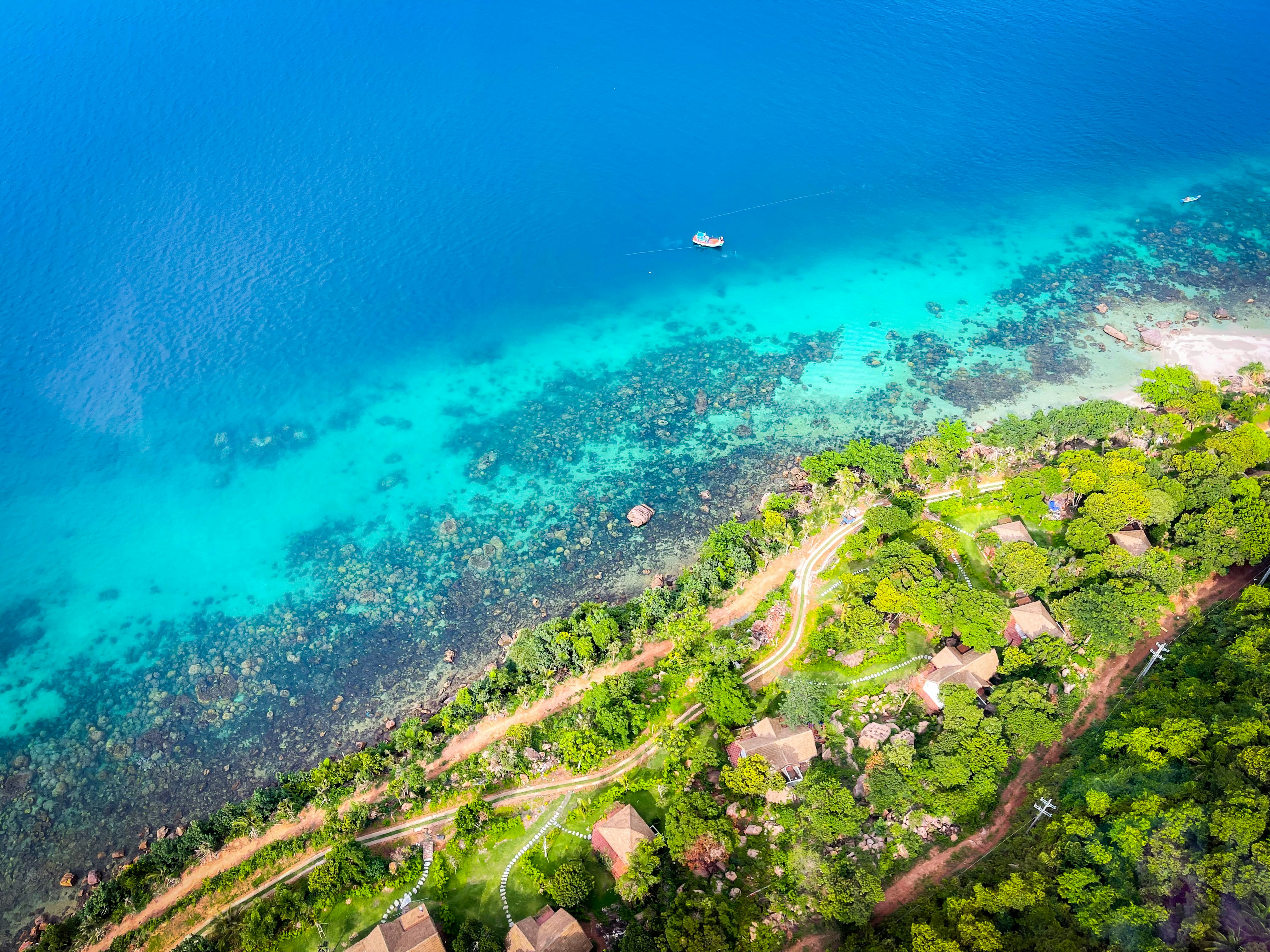
Tầm nhìn
CECAD nỗ lực trở thành một tổ chức phi chính phủ mang lại những tác động và ảnh hưởng tích cực tại Việt Nam, chuyên nghiên cứu về môi trường và cộng đồng. Những dự án của chúng tôi hướng tới bảo tồn đa dạng sinh học, thúc đẩy các thay đổi nhằm thích ứng với biến đổi khí hậu, cải thiện chất lượng cuộc sống, giảm thiểu mất cân bằng xã hội và hỗ trợ phát triển bền vững. CECAD tập trung làm việc với các cộng đồng nghèo, yếu thế và dễ bị tổn thương, cũng như các dân tộc thiểu số tại những khu vực khó tiếp cận, những khu vực có giá trị sinh thái cao hiện đang bị khai thác hoặc có nguy cơ bị khai thác.
sứ mệnh
CECAD nỗ lực trở thành một tổ chức phi chính phủ mang lại những tác động và ảnh hưởng tích cực tại Việt Nam, chuyên nghiên cứu về môi trường và cộng đồng. Những dự án của chúng tôi hướng tới bảo tồn đa dạng sinh học, thúc đẩy các thay đổi nhằm thích ứng với biến đổi khí hậu, cải thiện chất lượng cuộc sống, giảm thiểu mất cân bằng xã hội và hỗ trợ phát triển bền vững. CECAD tập trung làm việc với các cộng đồng nghèo, yếu thế và dễ bị tổn thương, cũng như các dân tộc thiểu số tại những khu vực khó tiếp cận, những khu vực có giá trị sinh thái cao hiện đang bị khai thác hoặc có nguy cơ bị khai thác.
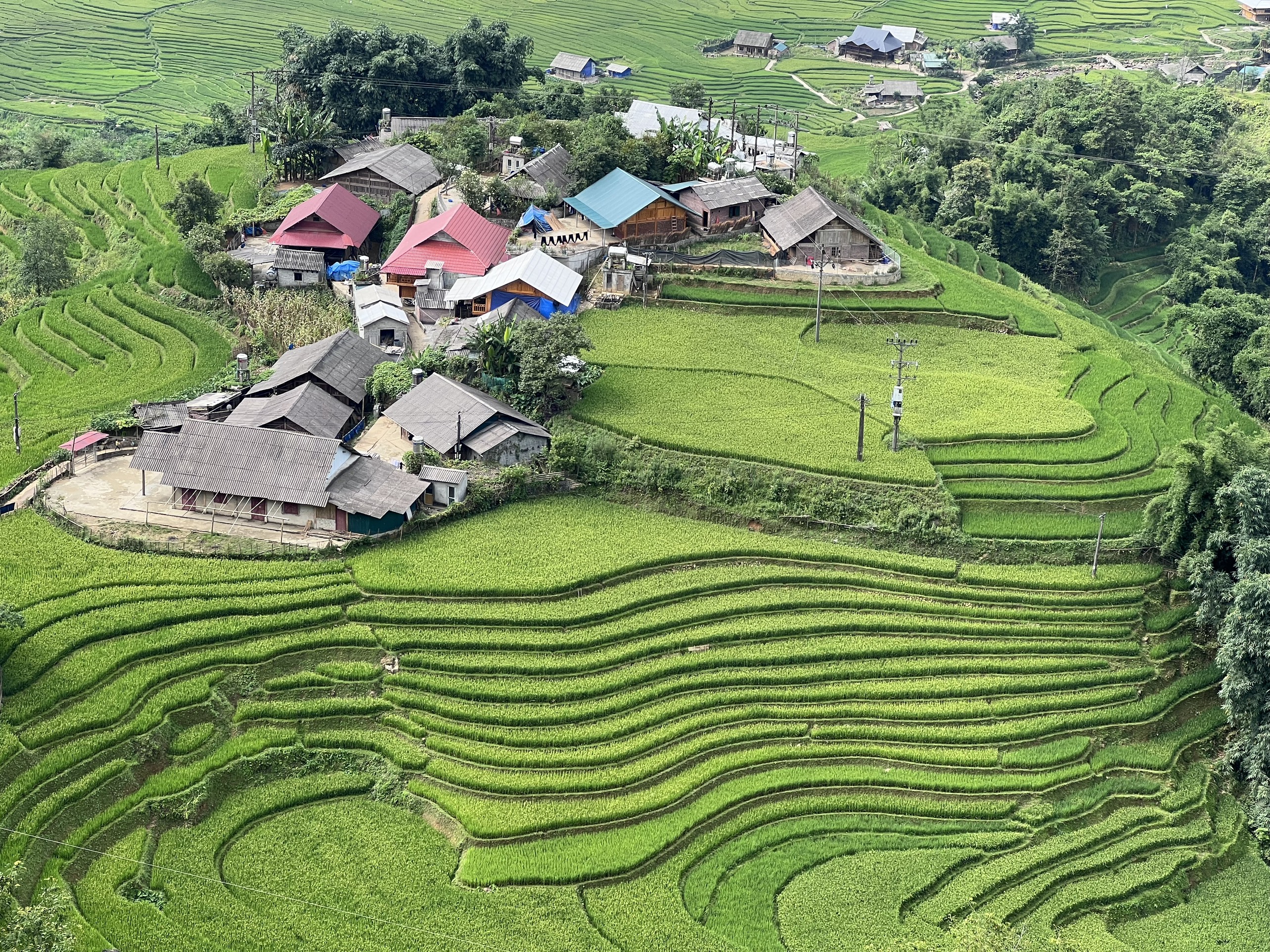
Giá trị cốt lõi

Tính toàn diện
Chúng tôi tôn trọng sự khác biệt và làm việc chăm chỉ để tạo cơ hội cho các cá nhân và cộng đồng tích cực tham gia vào bảo tồn đa dạng sinh học, quản lý tài nguyên thiên nhiên, bảo tồn bản sắc văn hóa, thích ứng với biến đổi khí hậu và phát triển sinh kế bền vững.

Đổi mới
Chúng tôi cam kết luôn học hỏi và đồng triển khai các sáng kiến nhằm giải quyết những thách thức mà cộng đồng phải đối mặt và đảm bảo bảo tồn đa dạng sinh học và bảo tồn văn hóa thành công, cũng như phát triển nông nghiệp bền vững tại Việt Nam.

Phương pháp tiếp cận liên ngành
Chúng tôi hợp tác với các nhà khoa học, chính quyền địa phương và cộng đồng để cùng thực hiện các giải pháp nhằm đạt được các Mục tiêu phát triển bền vững.

Hiệu quả
Các hoạt động bảo tồn đa dạng sinh học, bảo tồn bản sắc văn hóa và nông nghiệp bền vững của chúng tôi dựa trên bằng chứng khoa học để đảm bảo tính chính xác và hiệu quả.
.jpg)
(1).png)

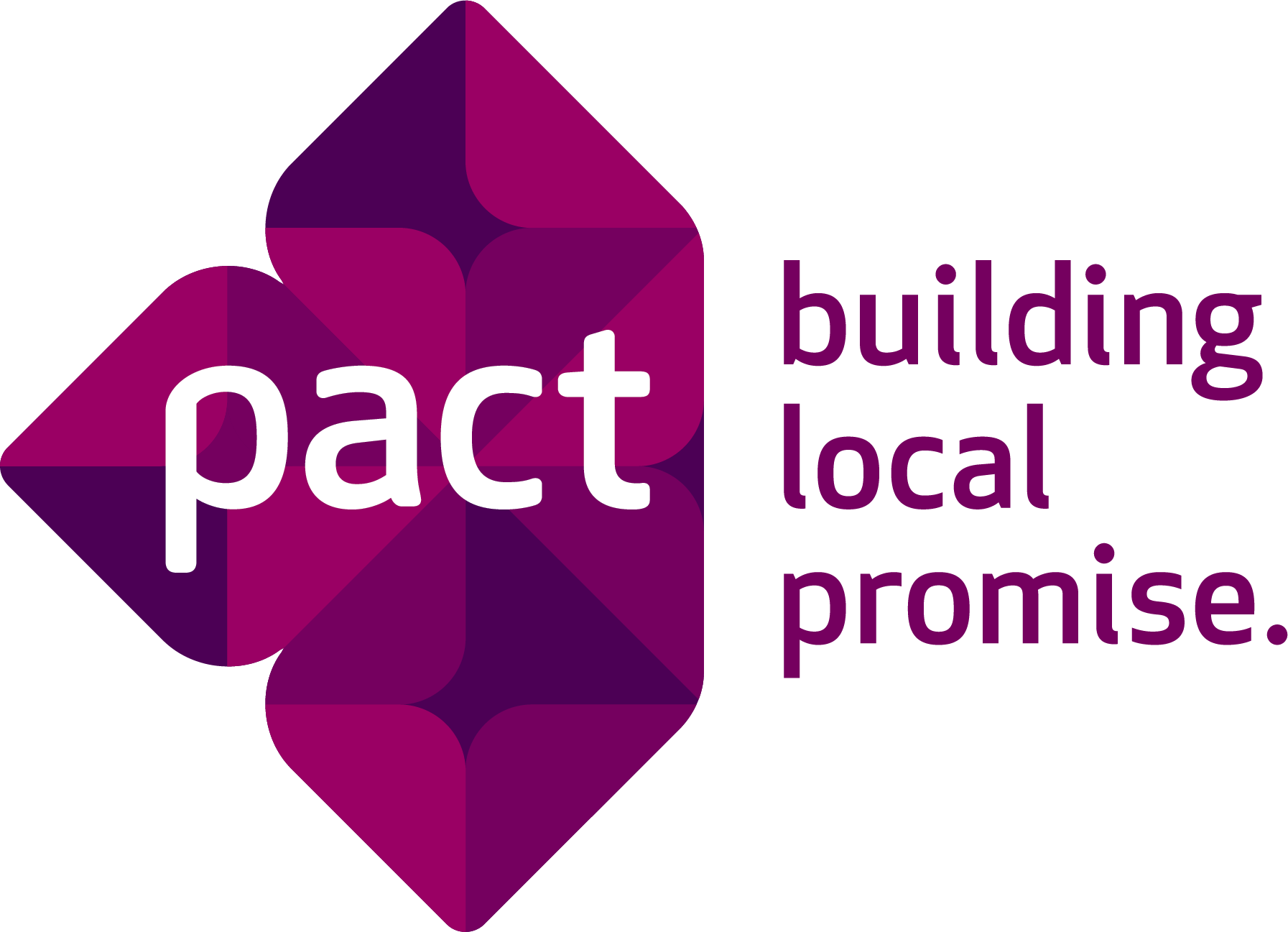
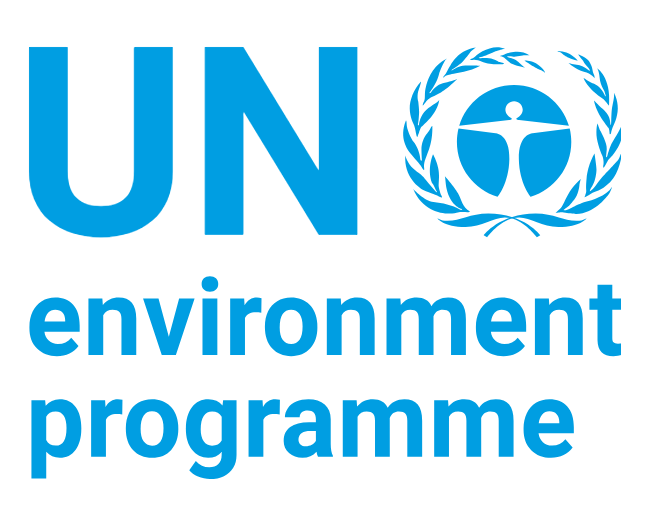
.png)

%20final.png)



.jpg)



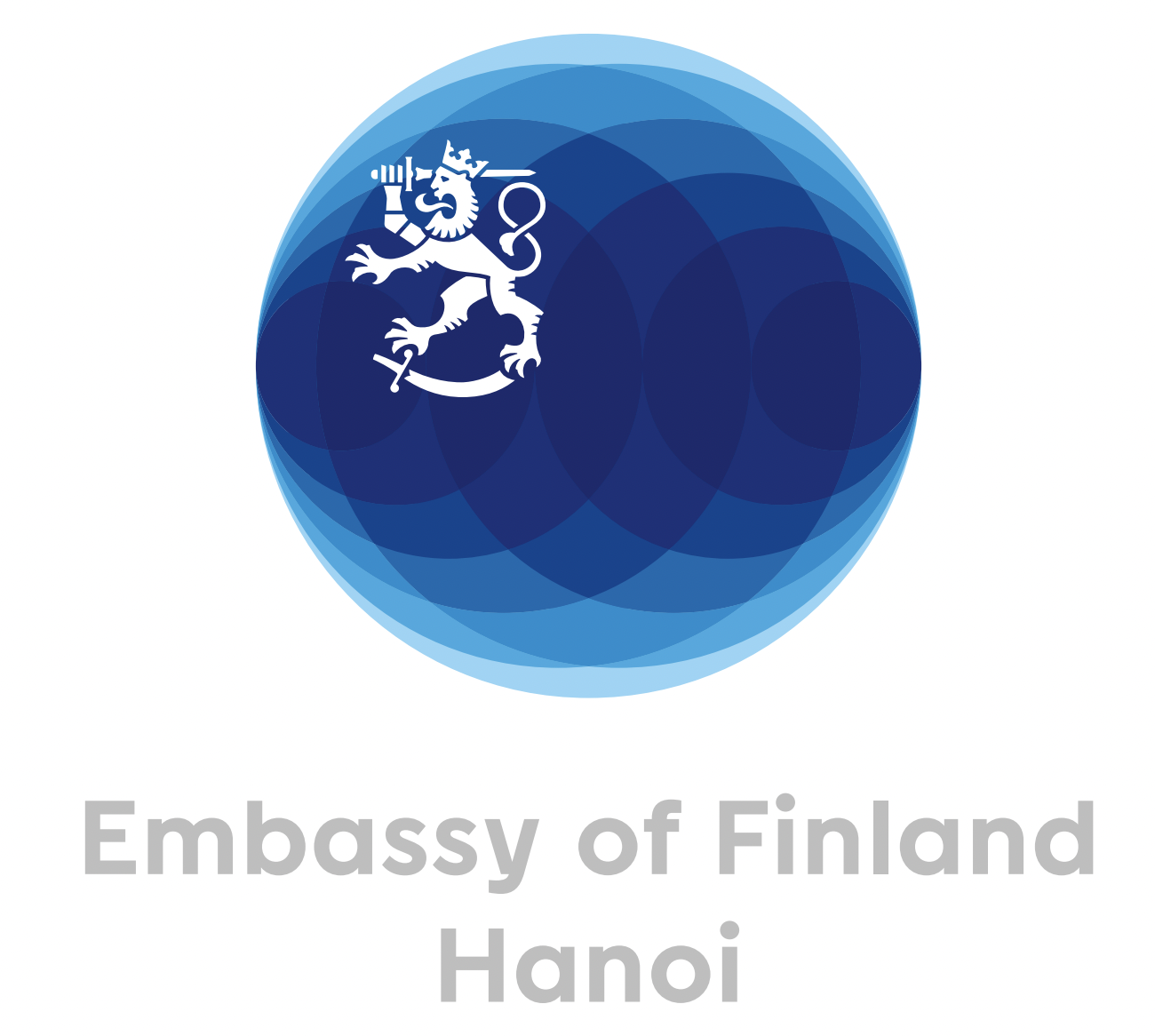
.png)

.png)

